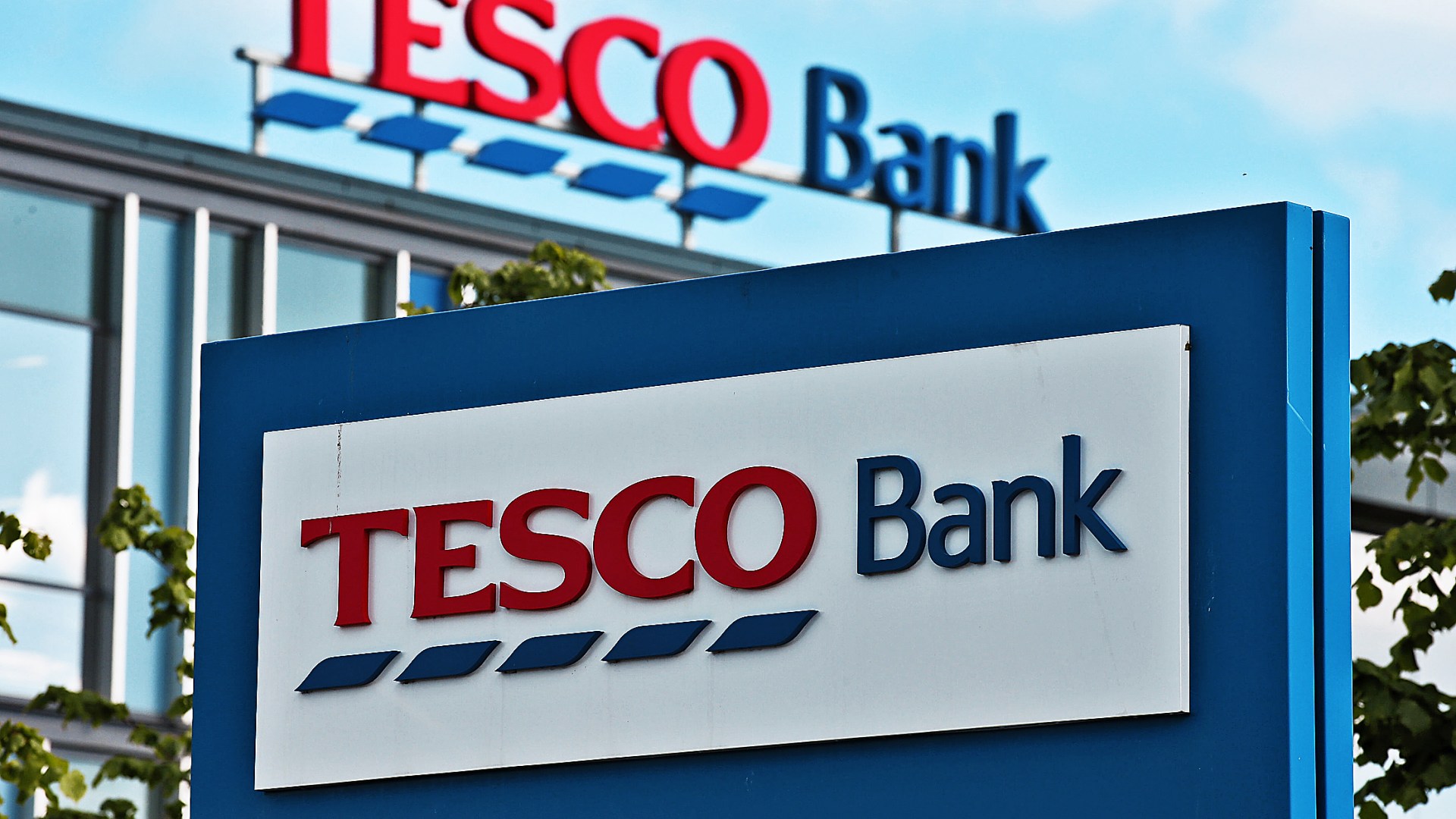US battery start-up Lyten is committing more than $1bn to build the world’s first large-scale factory to produce lithium sulphur batteries, an emerging technology that could help break US dependence on China for metals crucial for the energy transition.
The factory, located in Reno, Nevada, is expected to start production by 2027, the first target set for the commercialisation of a type of battery that could challenge the incumbent lithium ion. The battery does not rely on graphite, nickel, manganese, or cobalt — metals in which the vast majority of the world’s supply is controlled by Beijing.
Celina Mikolajczak, Lyten’s chief technology officer, told the Financial Times its battery chemistry offers the US the opportunity to reduce China’s monopoly. The company plans to reach 10 gigawatt hours of production by about 2032 at its Reno plant, producing batteries for drones, satellites and eventually, electric vehicles that can be powered for longer durations than their lithium-ion counterparts.
“The biggest leverage China has on the EV industry, on all the [battery] cell makers, is their graphite supply,” Mikolajczak said, adding the company would source sulphur domestically and lithium from US suppliers and countries outside of China. “If we’re going to do a new cell chemistry, we don’t just sign up for more . . . You’ve got to step away from that.”
The move from Lyten arrives as US battery start-ups race to invent the next dominant battery technology to compete with China, promising materials that are easier and cheaper to procure and greater energy densities that could give vehicles wider driving range and faster charging times.
While President Joe Biden’s landmark Inflation Reduction Act included lucrative manufacturing tax credits for battery makers, stiff competition from Chinese imports, slowing demand for electric vehicles and tough macroeconomic conditions have forced several companies, including LG Energy Solution, Freyr and GM’s Ultium Cells, to pause or delay their projects.
European manufacturers have also struggled. Last week, its top battery maker, Northvolt, filed for bankruptcy in a big setback to the continent’s hope to compete with the dominant players in Asia.
Milo McBride, fellow at the Carnegie Endowment for International Peace, called the commercialisation of lithium sulphur batteries a “golden goose” for US battery competitiveness.
“The west is not scaling its alternative critical mineral supply chains to the extent that is needed,” McBride said. “What this technology offers geopolitically is a really interesting opportunity for the US to basically put forth a battery that renders some of these minerals and subsequent chemicals less important in the long-term picture.”
Lyten’s technology replaces the graphite traditionally found in anodes of lithium-ion batteries with lithium metal and substitutes the nickel, manganese, cobalt and lithium commonly found in cathodes with sulphur.
Backed by Stellantis and FedEx, Lyten has raised $425mn in financing and secured a $4mn Department of Energy grant in January. The company estimates it will be eligible for $1.5bn in manufacturing tax credits and is in talks with the state of Nevada for incentives that will cover a “double digit” share of its capital expenditure.
The Republican-led state has emerged as a top destination for electric vehicle and battery investment, securing nearly $7bn in supply chain commitments since the IRA’s enactment, according to the Clean Economy Tracker, despite no support for the law from Republicans in Congress and repeated threats from former president Donald Trump to undo spending if re-elected in November.
The main bottleneck facing lithium sulphur batteries is in its chemistry. While lithium sulphur can offer energy densities that are multitudes higher than their traditional lithium-ion counterparts, they rapidly degrade due to a chemical reaction known as the polysulfide shuttle.
“That’s the Gordian knot,” Mikolajczak said, referring to the effort to use carbon structures to control the movement of sulphur in the battery and boost its longevity. The company plans to enter defence applications such as drones and satellites over the next year and improve its lifecycle to reach electric vehicle applications “over the next few years”.
But even some lithium sulphur battery developers are sceptical that their technology will be able to outdo lithium ion batteries in the electric vehicle market. High interest rates and slowing demand for EVs have also forced investors to tighten financing for capital-intensive battery projects.
“Lithium ion batteries are doing a pretty good job in the EV space and the Chinese are driving battery prices down to below $50 a kilowatt hour,” said Lee Finniear, chief executive of Li-S Energy, a company based in Brisbane, Australia.



 I read
I read 



































































































































You must be logged in to post a comment Login